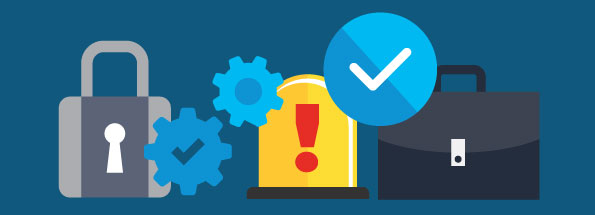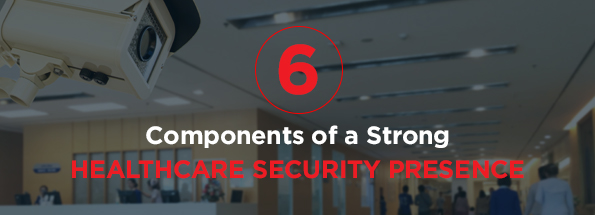Healthcare security professionals today are directly impacted by the reality of a rapidly changing environment. The security function, as with many others, is being asked to do more with less, while addressing a frightening range of new and increasing…
Wikipedia defines social engineering, in the context of information security, as the “psychological manipulation of people into performing actions or divulging confidential information.” Our increasing reliance on vast networks of digital technology for information storage, research, controls, and transactions…
The climax of the Academy Awards is imminent, with the announcement of the Best Picture unfolding on the stage. A PricewaterhouseCooper employee has just two red envelopes left in her briefcase. She inadvertently pulls the wrong one, and Faye…
An effective and successful healthcare security program requires many different layers of support. Aside from program design, management, and daily staffing, there is also a strategic risk management layer to ensure your program’s direction addresses the most important security…
A strong healthcare security program begins with a strong presence. This presence should be both seen and felt, cultivating a multi-dimensional experience of safety. Even in moments where security is subtle, like in the case of consistent uniforms, the…





